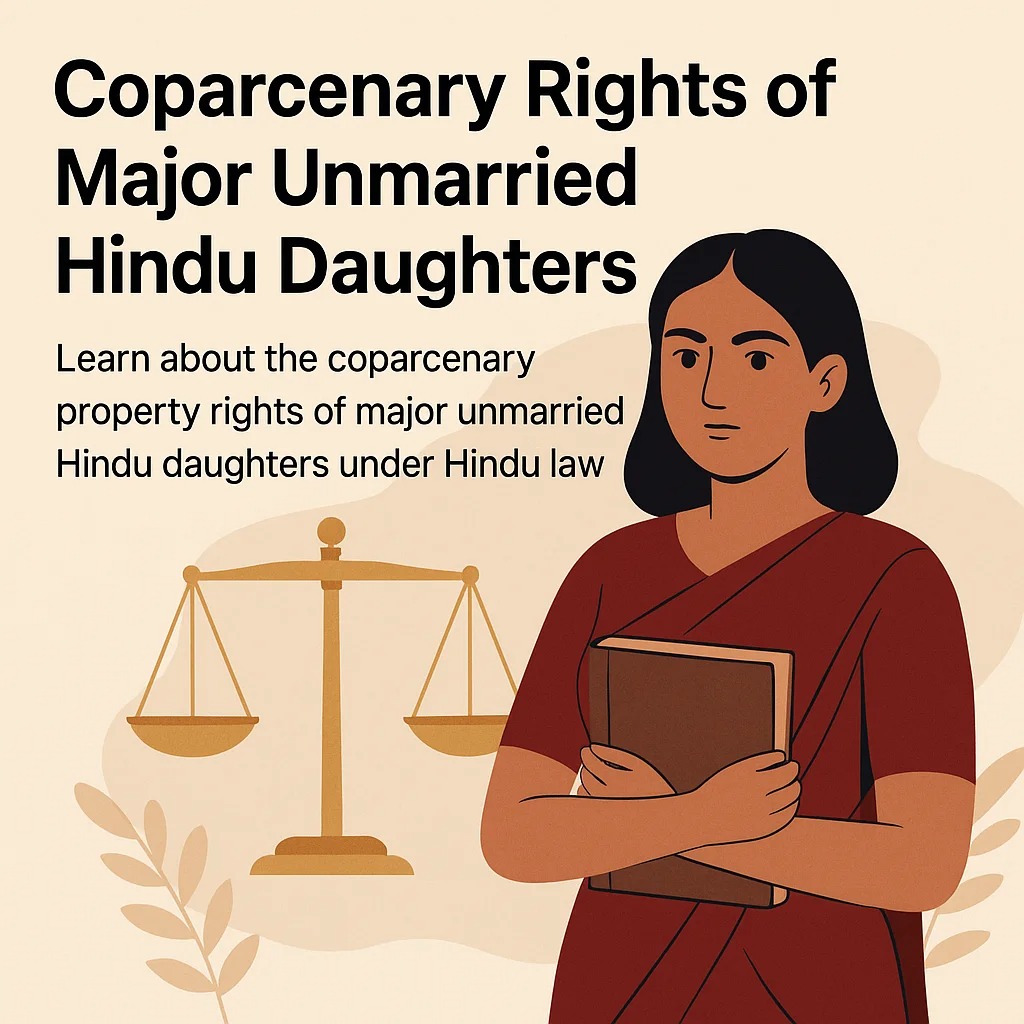1. The instant petition has been filed in public interest with a prayer for quashing allotment of plots to persons of Below Poverty Line (BPL) in the list dated 1.2.2008 (P-3), alleging that those persons were not eligible for various reasons. A prayer for issuance of direction to the respondents to implement the policy dated 1.2.2008 (P-1) in letter and spirit has also been made.
2. At the outset we asked the Learned Counsel to show which one of the allotment would suffer from in-eligibility or other illegality. Mr. Ashok Tyagi, Learned Counsel for the petitioner has made a reference to the survey report of the year 2007 (P-2) in respect of village Babupur, Panchayat Sarai Allawardi. It is conceded as a fact that the policy for allotment of plots carved out of the common purposes land (Shamlat Deh) was finalised on 1.2.2008 (P-1) and the allotment was to be confined to the members of the families of Scheduled Castes. We are unable to appreciate that how the survey of persons living below poverty line in the year 2007 would be relevant for implementation of the Scheme, dated 1.2.2008 (P-1). According to Clause (i) survey conducted by the Rural Development Department during the year 2007 alone was relevant for the purpose of identifying family as unit. The BPL List of persons of 2007 is totally irrelevant (P-2). The Scheme does not impose any limit that the plot is to be allotted only to person who holds BPL card. It would, therefore, be appropriate to advert to the following conditions which are required to be fulfilled by an applicant:
(i) Family will be a Unit. For this purpose family means a separate unit as specified in the survey conducted by the Rural Development Department during the year 2007.
(ii) Income of the poor families of other castes excluding Scheduled Castes should not be more than 45000/- . Proof of the income of the family will be proved by the head of the family himself.
(iii) Family should be the resident of concerned village.
(iv) The family must not own more than one acre agricultural land.
(v) Family or other family members should not be income tax payee.
(vi) No family member should be employee of Government or Board/Corporation or Municipal Committee. Like this, no family member should be in the employment equivalent to industry, commercial organisation, Society etc.
(vii) No family member should have been allotted 100 sq yards plot or above this under the scheme by the Panchayat or Government.
For inviting applications Deputy Commissioners will appropriately advertise among the villagers through concerned Panchayat by way of Munadi or other sources.
3. In none of the aforesaid clauses there is a condition imposed for allotment of plots only to those who are BPL card holder. In fact, in accordance with condition No. (ii), the income of the poor families of other castes excluding the Scheduled Caste, has been fixed at `45,000/- . It is further appropriate to mention that the constitutional validity of the Scheme was challenged before this Court and the same was upheld vide judgment dated 8.1.2010 rendered in LPA No. 1322 of 2009 (Gurmukh Singh v. State of Haryana and others).
4. Faced with the aforesaid predicament Learned Counsel for the petitioner raised another submission. According to the Learned Counsel, as per condition No. (vii) no family member should have been allotted 100 Sq. Yards plot or above under the Scheme by the Panchayat or the Government. Learned Counsel has drawn our attention to the averments made in para 6 and the table framed in the aforesaid para. In most of the columns reference has been made to the allotment made in favour of one person or the other in the year 1962-63.
5. Obviously, if some allotment was made about 40 years ago that would not create a bar on the new unit of the same family. It would be wholly in-equitable and unjustified to presume that the family continues to be with one and the same unit which it had in the year 1962. A new unit from the same family must have emerged. There is, thus, no merit even in the second contention raised by the Learned Counsel. Accordingly, the writ petition is devoid of any merit and the same does not warrant admission.

